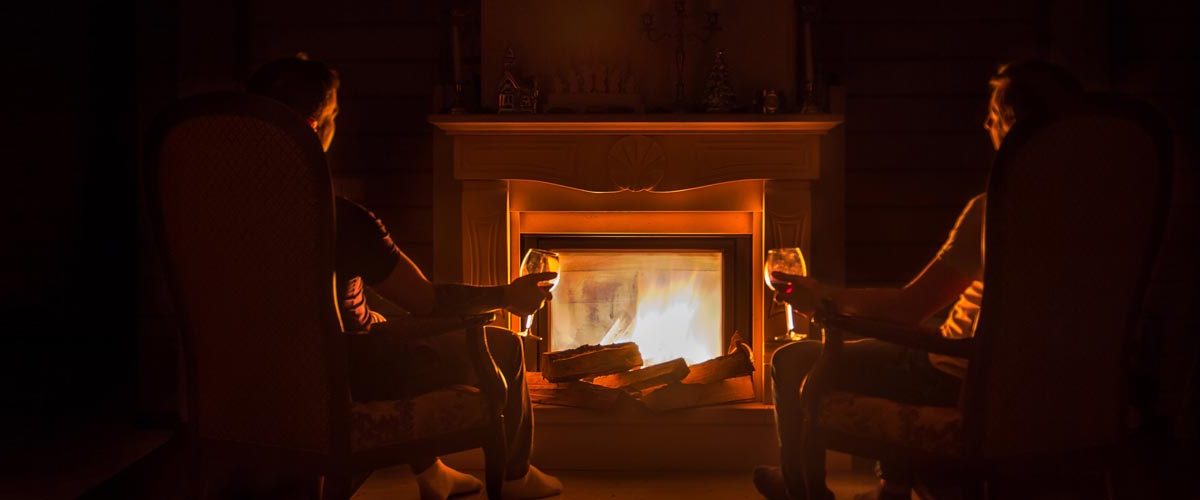For anyone who suffers from occasional insomnia, and research shows that at least 30 percent of the population does have problem sleeping from time to time, such sleepless nights can be quite stressful. Trying to sleep when we can’t is one of those things we paradoxically fail at, just by virtue of its definition. During many of those sleepless nights, failing to sleep is due to the act of trying too hard to do it.
So, what to do?
One often prescribed solution is to, well, temporarily stop trying to sleep. Physically get out of bed and do something else for a little while. And that, some experts say, should get you back to sleep in short order.
Until it doesn’t.
But, when it does, is it really such a radical fix to the problem? Is it such a terrible thing when we can’t get a fully uninterrupted slumber session throughout the night? By suggesting to a sleepless person to get out of bed as a solution, does that mean researchers actually found a “new” solution to that problem?
Uninterrupted Sleep May Actually Be the “New” Thing
There are claims to the fact that segmented sleep, in other words, sleeping in two or more sessions throughout the night, may have been historically a far more normal thing to do than more commonly thought. By historically, I mean before the industrial revolution took hold of society. By segmented sleep, it is thought that people would go to bed at about the time it got dark outside and wake up sometime in the middle of the night. Then, they would physically get up out of bed and actually do things.
Many would do chores around the house, practice religion, simply hang out by the fire or even used the time to have sex. And, this segmented sleep…often officially known as biphasic (two-phase) sleep…was considered the normal way of doing things.
So, What Happened?
You may be asking what happened to change that kind of behavior? Well, first of all, let me be clear that not every culture practiced biphasic sleep. Other cultures routinely slept in one chunk throughout the night. Some hunter-gatherer societies throughout the world slept uninterruptedly throughout the night. But, much of the rest of society found multi-chunk sleep schedules to be the norm.
Then, technology happened, according to experts. Electricity made a lit world a real thing and the industrial revolution created a need to get to bed later at bedtime and get up earlier in the morning. Over time, this practice spread throughout the rest of society and became the normal thing to do regarding sleep scheduling.
So, is Biphasic Sleep the Magic Cure for Insomnia?
Sadly, not necessarily. What it does show is that both methods of sleep have its positive and negative outcomes, based on the overall needs each segment of society exists through. It worked well before the industrial revolution, to be sure but may not work well, schedule wise in today’s society. Not much help, I know.
However, if you do find yourself not being able to sleep, it really does no good fighting it. It very well make sense to get up for a short period of time and so something as a distraction. Read a book, take a short walk…something, as long as it isn’t inherently stressful. For instance, try to stay away from watching the news. Also, some research has shown that staring at a screen of some sort, for instance, a phone, computer, tablet or television can have a negative effect because of the brightness of the object affecting sleep cycles.
Who knows, maybe just thinking of that night’s inability to sleep as a normal, temporary, Biphasic episode can help. May make that insomnia episode more normal than one realizes.
I know…that last sentence is something of a stretch.


